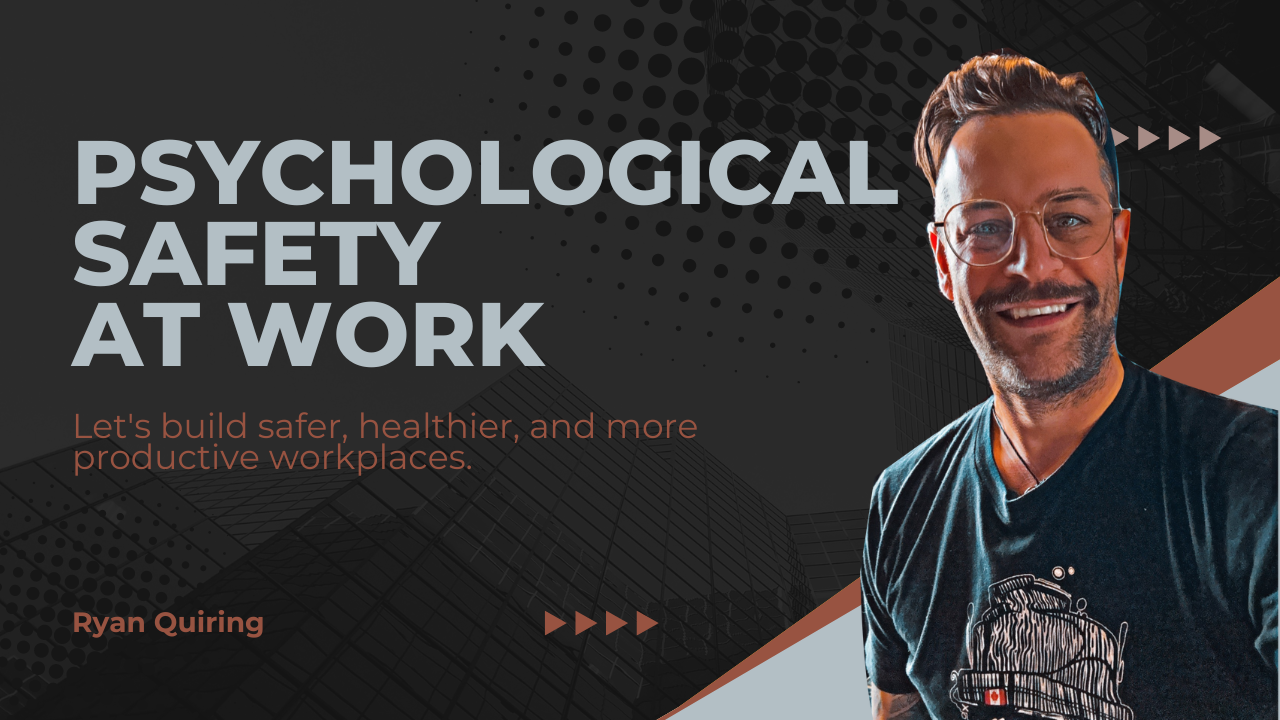Personality types serve as a shared language that helps us externalize our inner worlds, allowing us to communicate our thoughts, motivations, and preferences to others. The Myers-Briggs Type Indicator (MBTI) provides a framework to understand ourselves and others, fostering empathy and improving interpersonal dynamics. Utilizing this common language creates psychologically safe environments where individuals feel comfortable being authentic.
For INTPs with the Turbulent trait (INTP-T), this shared understanding can be a powerful tool in navigating workplace relationships and fostering psychological safety. Let’s explore how you, as an INTP-T, can leverage your unique traits to create a more supportive and open work environment:
- Embrace intellectual curiosity: Your propensity to question and analyze can create an environment where inquiry is welcomed. Encourage others to ask questions and explore ideas without fear of judgment.
- Value logical consistency: Your strong Ti (Introverted Thinking) function appreciates logic. Use this to advocate for fair and consistent treatment of all team members, which is vital for psychological safety.
- Promote objective problem-solving: When conflicts arise, leverage your ability to detach emotionally and analyze situations objectively. You can help create a safe space for addressing issues without personal attacks.
- Encourage innovative thinking. Your Ne (Extraverted Intuition) loves to explore possibilities. Foster an environment that welcomes and explores creative ideas, regardless of their source.
- Model intellectual humility: As an INTP-T, you’re likely aware of human knowledge’s vastness and limitations. Feel free to admit when you don’t know something or have made a mistake. This encourages others to do the same without fear of ridicule.
- Provide thoughtful feedback: When giving feedback, take the time to analyze and provide well-reasoned, constructive comments thoroughly. Your depth of thought can help others feel that their work is genuinely valued and understood.
- Create space for reflection: Your introverted nature appreciates time for reflection. Advocate for and create opportunities for team members to think deeply about issues before discussion, allowing for more thoughtful and inclusive conversations.
- Leverage your adaptability: INTPs are typically open to new information and changing their minds. Model this flexibility and openness to change, creating an environment where it’s safe to evolve one’s thinking.
- Encourage autonomy: Your appreciation for autonomy can help create an environment where team members feel trusted to work in ways that suit them best, enhancing psychological safety.
- Use your Turbulent trait constructively: As an INTP-T, you may be more sensitive to criticism and eager to improve. Channel this into systems for continuous improvement in team dynamics and psychological safety.
An INTP-T can come across as aloof or overly critical without intending to. Be mindful of this, consciously express appreciation for others’ contributions, and engage in some of the social niceties that help people feel comfortable.
Your analytical mind, intellectual curiosity, and openness to new ideas are assets in fostering a psychologically safe workplace environment where ideas are explored objectively. Mistakes are seen as learning opportunities, and innovative thinking is encouraged. You can help create a space where team members feel safe to express themselves and take intellectual risks.
Balancing your natural tendencies with efforts to connect emotionally with your colleagues is essential. While you value logical consistency, remember that psychological safety involves emotional elements. Try to acknowledge and validate others’ feelings, even if you don’t fully relate to them.
By leveraging your INTP strengths, you play a crucial role in developing a work environment where everyone feels safe to express ideas, make mistakes, and grow. Your ability to create a culture of intellectual exploration, objective analysis, and conscious efforts to foster emotional support all contribute to building and maintaining a psychologically safe workplace where all team members can thrive.
